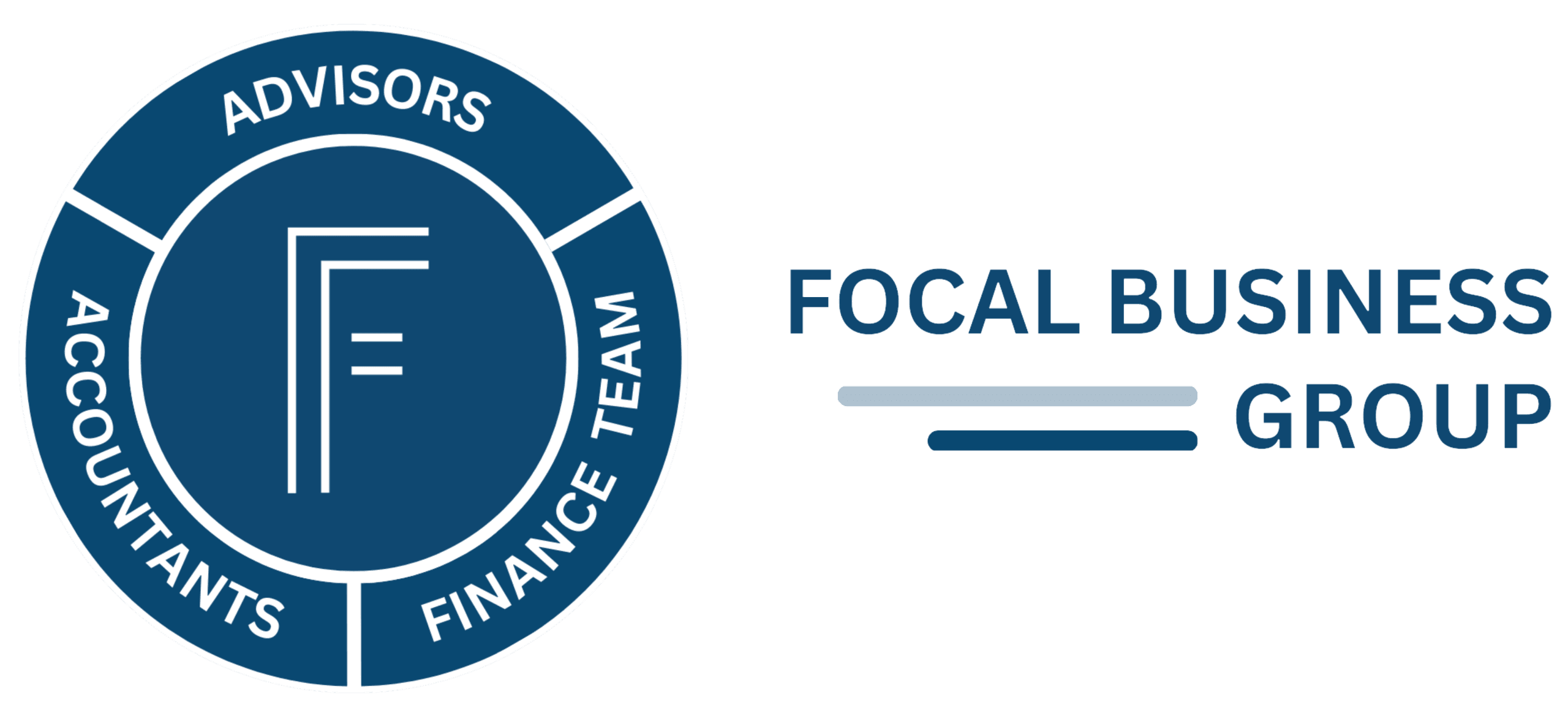The trading allowance enables an individual to earn up to £1,000 from self-employment, the provision of casual services (such as gardening or babysitting) or from hiring out personal equipment without having to pay tax on that income or tell HMRC about it. You may also make use of it, for example, if you sell items on sites such as eBay and Depop.
Trading Allowance Eligibility
The £1,000 limit applies to total income from all self-employments. This means that if you have a main self-employment and a side-line earning less than £1,000 a year, you cannot use the allowance against the sideline – the income is taxable and must be reported to HMRC with that from your main self-employment.
If your income is less than £1,000 but you have made a loss, you may prefer to tell HMRC to calculate your loss in the usual way and tell HMRC about the income so that you can claim relief for the loss. This can be done either against other income of the same year or against future profits of the same business.
When do I need to register for Self Assessment?
If you are starting a new self-employment and you do not expect your income to exceed £1,000 you do not need to register for self-assessment. However, you will need to register if your income reaches £1,000 as you will need to report it to HMRC.
If your income exceeds £1,000 you must register for self-assessment and tell HMRC about your income. However, you may still be able to make use of the allowance.
Can I make use of the Trading Allowance if I earn more than £1,000?
If your income is more than £1,000 you have a choice as to how you calculate your taxable profit, and can choose the way which gives the best result.
Option 1
The first option is to calculate your profit in the usual way, deducting allowable expenses from your income.
Option 2
The second option is to deduct the trading allowance of £1,000 rather than the actual expenses. This will be beneficial where your actual expenses are less than £1,000.
Whichever option you choose, you will need to tell HMRC about your income on your self-assessment return and pay tax on it.
Exclusions of the Trading Allowance
The trading allowance cannot be used for a tax year in which you receive trading income from either of the following:
- a company that you own or control or which is owned or controlled by someone close to you (such as a family or personal company);
- a partnership where you, or someone connected to you, is connected to the partners (for example, from a partnership where one of your children is a partner);
- your employer, or your spouse or civil partner’s employer.
Further Information on the Trading Allowance
For further information about the Trading Allowance and your eligibility, get in touch, we are on hand to help.
Growing businesses need more from their accountant; as business accountants, analysts and advisors, we help you understand and manage your numbers to drive plans and decision making. If you would like to discuss the ways we can help you and your business, simply call 0800 112 0880 or email [email protected].

